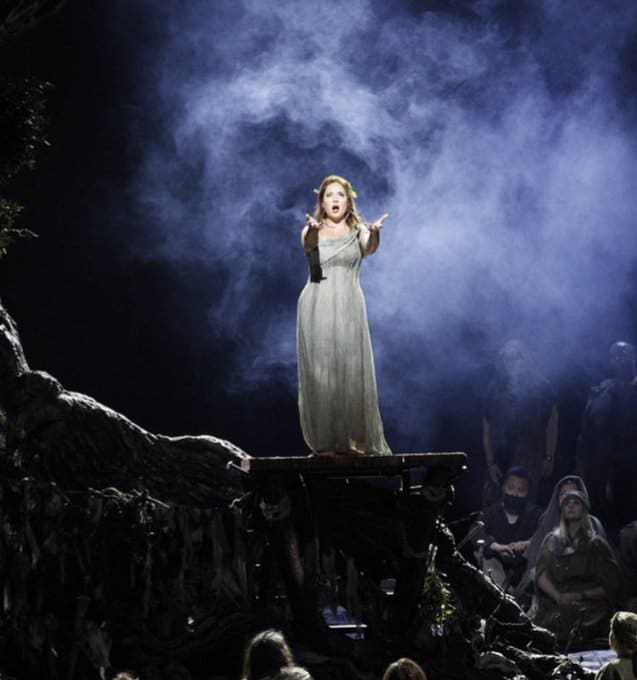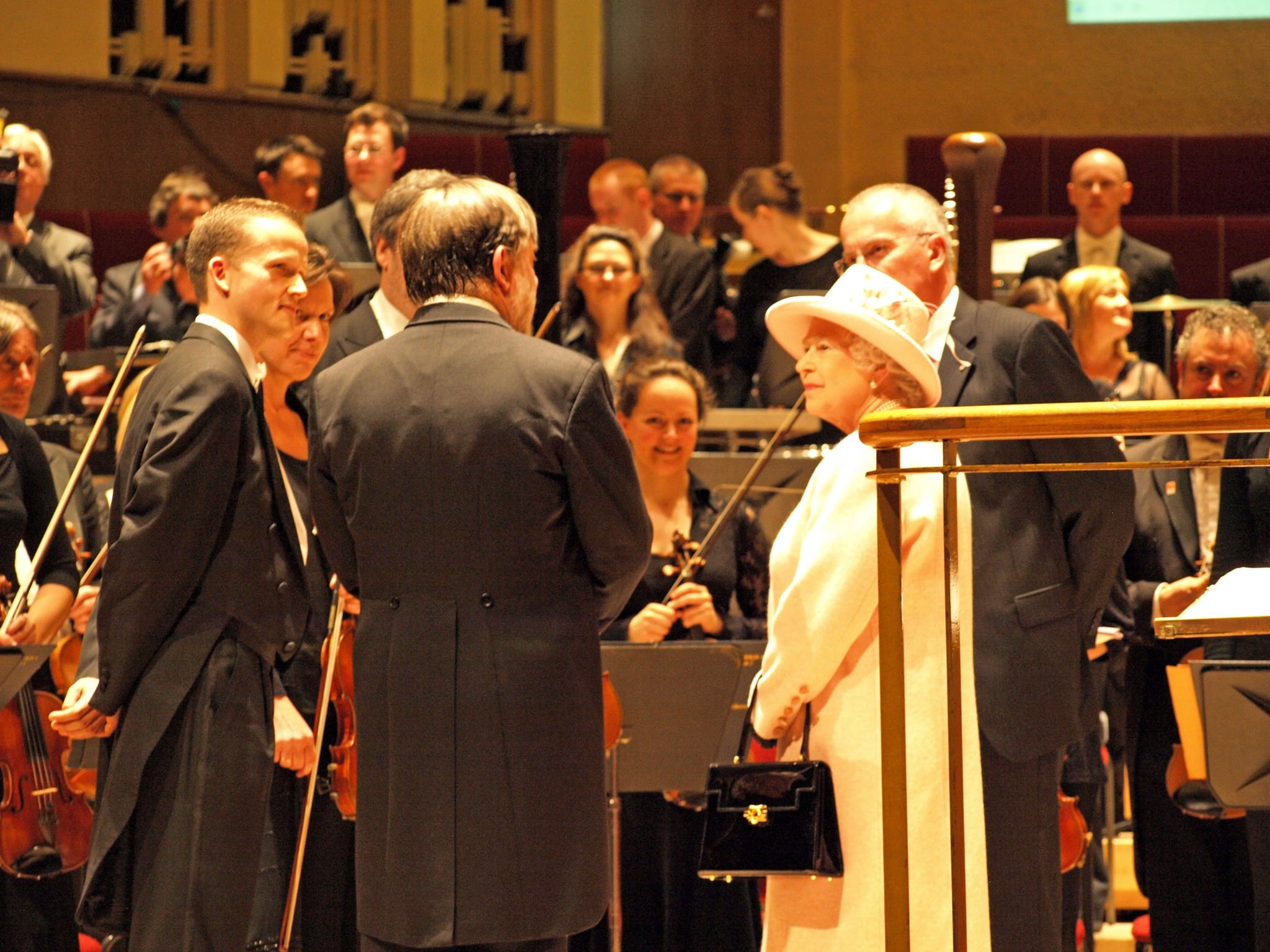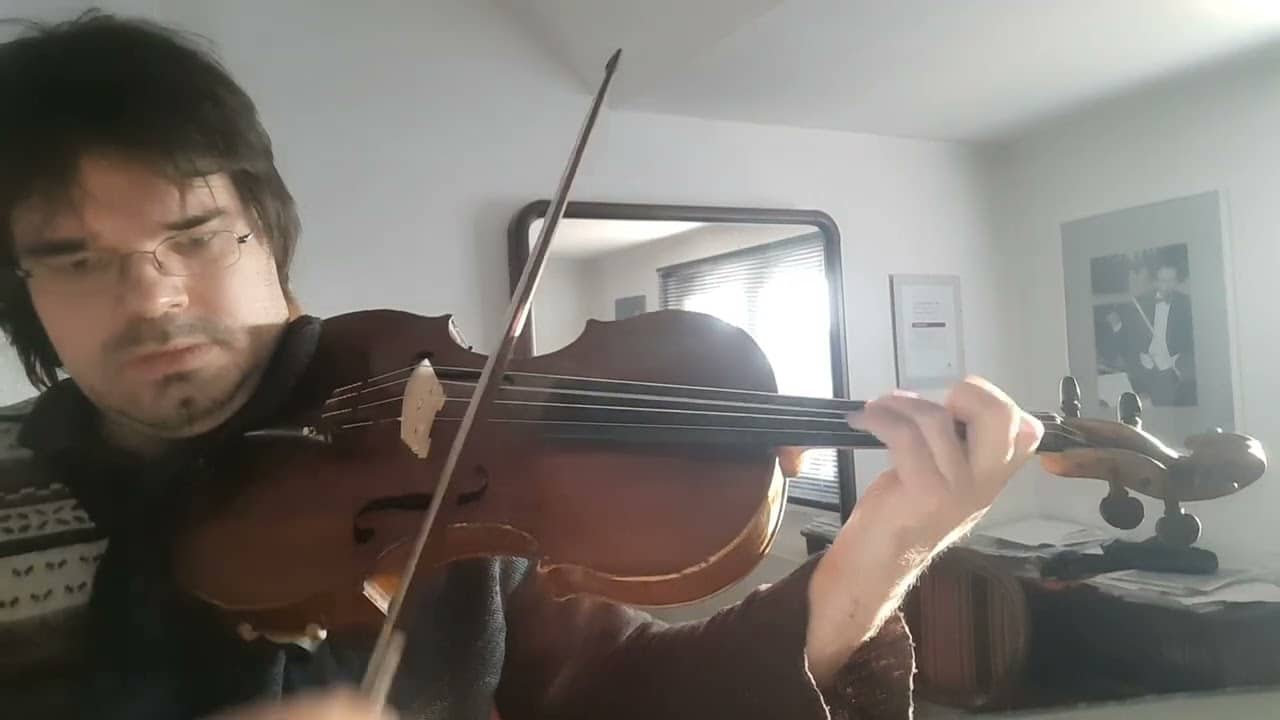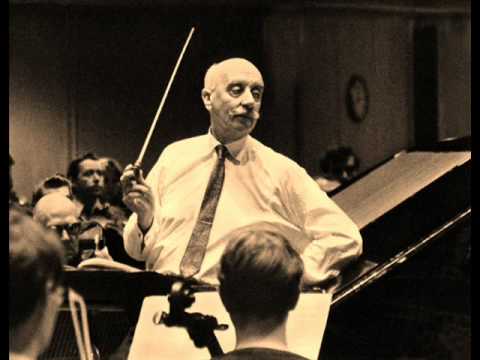Diva calls out NY Times for ‘vocal racism’
OperaSonya Yoncheva, singing Norma at the Met, was on the receiving end of a review by Zachary Woolfe, comparing her unfavourably to Angel Blue in La traviata.
Woolfe wrote: ‘Sonya Yoncheva doesn’t fill out the long lines of ‘Norma’ at the Met, while Angel Blue is a warm, sincere Violetta in ‘La Traviata.’ He went on to say: ‘we feel none of the necessary awe for the character.’
Woolfe, six years ago, compared Yoncheva at the Met to Kristine Opolais, appearing in a different opera. His act of self-repetition appears a tad injudicious.
Yoncheva has now hit back, saying that Times reviews were deterring top artists from singing at the Met.
Here are her latest tweets:
There are people, who I call “vocal-racists”, who are comparing us with some ghosts from the past. If what we sing doesn’t correspond to their CD we are condemned. This doesn’t do any favor to the new generation of artists and must stop.
— SONYA YONCHEVA (@sonyayoncheva) March 14, 2023
I know that many of my colleagues will agree with me and I know almost all of them will never have the courage to speak about it for obvious reasons. I feel I must do it.
— SONYA YONCHEVA (@sonyayoncheva) March 14, 2023
I’ve received some PM from you concerning my opinion on recent critic about Norma. You see, Mr @zwoolfe from the @nytimes had ALWAYS written bitter critics about me since my very first appearances at the @MetOpera, so this one was not a surprise. I respect his hard work. pic.twitter.com/UMIzXBcT6B
— SONYA YONCHEVA (@sonyayoncheva) March 13, 2023
The Met, meanwhile is flagging up Yoncheva’s ‘stunning performance’.
Critics are praising soprano @SonyaYoncheva’s stunning performance as Norma!
“A mesmerizing Yoncheva leads a stellar cast,” singing “effortlessly in her plush, velvety voice.” —New York Classical Review
On stage through Mar 25: https://t.co/xPCWJBFmDf
📷Marty Sohl / Met Opera pic.twitter.com/bwzjF54Hgn— Metropolitan Opera (@MetOpera) March 9, 2023
Woolfe needs to be taken off the Yoncheva beat.
Who’s afraid of the big, bad Times?






I’ve read a fair number of write ups by Zachary Woolfe and am not impressed with him at all.
“We feel none of the necessary awe for the character.”
Actually, it would be nice to feel awe regarding both singers and critics, but public figures tend to be mundane.
In my opinion, that goes for Angel`s Blues performance, and THE Met as well.
« Woolfe needs to be taken off the Yoncheva beat » : are you suggesting he be censored because a diva’s feelings got hurt ? As for the Opolais / Yoncheva comparison a few years back, it was favorable to the second. Yoncheva is being ridiculous.
Free advice to Yoncheva: Just resist the temptation to bring in a bag of dogshit ; )
Free advice to Woolfe when attending the Met: Wear a mask at all times, it protects not just against Covid.
Zachary Woolfe did not disparage Yoncheva six years ago – the article in question compared her to Opolais and in fact praised Yoncheva as the better artist!
https://www.nytimes.com/2017/02/26/arts/music/traviata-review-sonya-yoncheva.html
In the same year he describes her as the “brilliant Bulgarian soprano”
https://www.nytimes.com/2017/01/31/arts/music/exclusive-tracks-from-sonya-yonchevas-new-handel-album.html
It must be very unpleasant to read a negative review like the one on Norma, but the fact is that Yoncheva received plenty of positive reviews from this critic until her voice started losing security.
Another one of Peter Gelb’s East European mediocrities. Always looking for the “next Netrebko” while underutilizing superior performers from other regions like Sondra Radvanovsky and ignoring many others entirely.
“Woolfe, six years ago, disparaged Yoncheva at the Met in comparison to Kristine Opolais, appearing in a diferent opera. His act of self-repetitiuon was injudicious, indicating some embdeed prejudice.”
If this is the piece you are talking about, then I don’t think your description is accurate:
“One of them, Sonya Yoncheva, sang Violetta in Verdi’s “La Traviata” at the Met on Friday evening. The other, Kristine Opolais, was Dvorak’s Rusalka there on Saturday afternoon. Hearing them back to back made clear the difference at the root of all their similarities: Their voices are diverging. While Ms. Yoncheva’s tone has grown fuller and richer in recent seasons, Ms. Opolais’s has thinned and paled.
Both remain magnetic performers, but Ms. Yoncheva is now the one I’d seek out, no matter what she does. …
…But most important, it was a revelation to hear Ms. Yoncheva’s voice in the process of evolving. While Ms. Opolais is scheduled to star in a new staging of Puccini’s “Tosca” at the Met on New Year’s Eve, this weekend left me wishing that Ms. Yoncheva, who sings the role for the first time next season with the Philadelphia Orchestra, was doing it instead.”
https://www.nytimes.com/2017/02/26/arts/music/traviata-review-sonya-yoncheva.html
BTW, would you please check your spelling errors before posting next time? They are distracting. Thank you.
If he weren’t a Princetonian, he’d have written “were” like a normal person.
Singers and reviewers both have jobs to do. The former would do well to pay little heed to the latter.
Yoncheva is not up to Norma – her voice has become wobbly and it would be better for her to give it a rest and stick to her Giodarno and Zandonai specialties at more intimate houses.
Overreacting much? Whatever. Zach Woolfe embodies a new, younger gen of music critics. He seems alright by me if at times a bit too post-modern inclined. It is refreshing to find a critique in the New York Times that doesn’t read like a cheerleading rally for the Metropolitan Opera. Remember Tommasini? On the other hand, it comes with his territory that he tries a bit too hard to appear what is known as “woke”. I mean, reading his recent critique you’d be excused for thinking there has been no better Violetta at the Met than Angel Blue, which of course is categorically false. She was aok but no great shakes. We have all heard far better others, at the Met and elsewhere.
Why does the Met persist in using a hopelesssly inauthentic edition of Norma and not the Minasi/Biondi, available a decade already?
Asking that would serve New Yorkers better than invidious vocal comparisons.
https://www.baerenreiter.com/en/shop/product/details/BA7641-72/
Most opera houses do not update their materials when new or critical editions come along. Many singers know their roles from the traditional/inauthentic scores and will not take the time to learn a new edition when it comes along. All of this ground is well covered in the late Philip Gossett’s Divas and Scholars: Performing Italian Opera.
Leadership, Stuart. And we are talking about major corrections, as you may know, for a major work.
I agree that they should but I would guess the majority of audience members do not know the difference and perhaps don’t care. They should. I commend Dr. Gossett’s book for all those interested in this subject. Remember, it was the Met who brought out an entirely inauthentic version of a Rossini opera to highlight Beverly Sills. The audience could have cared less. And one of the best selling recordings of Rossini’s Semiramide has a rubbish edition but most don’t care because of the singing by Sutherland and Horne.
She was a very sucessful Norma in London a few years back. I saw her at Covent Garden with Calleja as Polione and Antonio Pappano conducting. You can’t possibly compare two sopranos singing different operas. Norma is a litmus test. Many operas are much easier by comparison.
Does everyone remember the ribbing Renata Scotto suffered for her Met Norma back in the 70s? Here we go again…
I was there for the opening of Norma: Woolfe was correct. Yoncheva was squally and unsure. Her acting was of the flailing around variety.
She is a very good singer (Her Desdemona is wonderful.). But Norma is not for her.
“Correct”…love the arrogance. In other words, “Since I am unerring, when critics agree with me, they are accurate.”
Didn’t quite get “vocal racism.” Is it racism that is particularly vocal or one that differentiates between vocal cords by race?
She sounds like yet another East European right-winger attacking praise for Angel Blue simply because she’s black. Sort of like Trump’s attacks on the Manhattan DA and NY State Attorney General (both of whom are also black) as “racist” simply for doing their job.
Utter rubbish. I have heard Angel Blue in concert with Domingo. No problem with her voice but has she ever sung Norma so a proper comparison can be made?
Woke mentality is RACIST.
There is the famous story here in Chicago about the appalling critic Claudia Cassidy, who presided at the Tribune for decades. She savaged Rafael Kubelik when he was the CSO Music Director week after week, arguably dooming his tenure. Many readers wrote letters in protest, and this was brought to the attention of old Col. McCormick, who still ran the Trib.
McCormick supposedly remarked, “Let me get this straight; we are getting hundreds of letters about…the classical music critic? Really? Give her a raise!
Now you wish the Tribune had any classical music critic at all.
“Acidy Cassidy” was an idiot who spewed her ignorance in every review she wrote. She should have reviewed restaurants.
That assumes her tastebuds were in better working order than her ears.
I grew up in Chicago in the 60’s and 70’s. She was neither an idiot nor ignorant, but caustic as she could be, it wasn’t always acid. The two sides of her coin were highlighted in the NYT’s obit in 1996:
Ms. Cassidy wrote an energetic, often florid prose, and she took no prisoners. Sometimes referred to as “acidy Cassidy,” she hounded the conductors Desire Defauw, Rafael Kubelik and Jean Martinon off the podium of the Chicago Symphony and out of town, and her scathing denunciations of most visiting Broadway productions as sorry leftovers shipped out to the hinterlands made her the scourge of New York producers. Some artists left the city vowing never to return.
She could also praise. She was a fervent partisan of the Lyric Opera, for example, and of the conductors Fritz Reiner and Eugene Ormandy. Her one-woman campaign in support of “The Glass Menagerie,” which had its premiere in Chicago in 1944, helped establish Tennessee Williams’s career.
What was “appalling” about her? She had strong opinions and she took no prisoners. She also knew what she was talking about. She was a huge supporter of Ormandy and also of the Lyric Opera in general. She single-handedly established Tennessee Williams’ career by championing “Glass Menagerie.” It would be so refreshing, Mr. Raimi, if you just once did some proper due diligence before spewing out your highly opinionated and almost always erroneous comments.
I have neither the time nor the interest, but someone well-versed in respected music critics of the past should begin making comparisons with Mr. Woolfe. I wonder how he would fare.
BTW, with the scant coverage of classical music in the NYT, it is not mandatory reading for music lovers or professionals. Mr. Woolfe’s influence is minuscule. Ms. Yoncheva ought to take heart. She is her only competition.
What does any of this have to do with “racism?”
‘There are people, who I call “vocal-racists”, who are comparing us with some ghosts from the past.’
Huh? Isn’t Woolfe comparing Yoncheva to others who are currently singing at The Met? A total straw-man argument.
“I respect his hard work.” Yonceva referring to Woolfe.
Is being a classical music critic “hard work”?
Ugh, another free concert to attend tonight, just constantly running ragged between the Met and Carnegie Hall and Geffen Hall, and sitting there for 5 hours on a velvet cushioned chair is just making my butt sweat, then I need to write it up in 3 days and in 100 words or less. Then it’s yet another summer at Bayreuth and Lucerne and write it all up at the end of the season in 50 words or less.
I find it hard to believe professional singers of any quality are led to turn down invitations to sing at the Met because of a newspaper critic. It’s not that they are especially influential these days anyway.
…and we wonder why the days of opinionated, pontificating reviews by so-called newspaper critics has come to an end.
Very petty. Makes me think even less of her than her generally mediocre performances already did.
A diva’s tantrum.
As said before, Ms. Youncheva should together with her voice teacher listen to her current Norma performances (so far two had ben broadcasted, so they exist and can be revisited). Even if we agree/or disagree on a performer/or a review, the skills of artistist at a specific performance/ and the true credentials of the “critic”, this review looks like a deliberate hit on miss Yoncheva (despite her not so perfect Norma performances) and deliberate praise of Ms. Blue (her Violetta was not a MET level in Act one, but more than decent in Acts 2-3 – to be precise, her non existing trill, smugged fast notes and relative pitch in Sempre libera – and I do not care if a Violetta sings an E flat or any other high note (like Sutherland used to) or no hight note at the end of that act (like Lorengar, or Cotrubas), which may suggest that Ms. Blue may outgrown now the role as a spinto soprano and maybe time to remove it from her rep/or fix and clean up the issues in Act 1 ) and it looks like Mr. Wolfe is trying to promote the wishes of the MET do depict Ms. Blue as their new star, without having the true star record to back it up (as after 5-6 years did have Domingo, Carreras, Pavarotti or any other major singer before being called “a star). A promising voice quality does not guarantee a stardom yet.
“Angel Blue is a warm, sincere Violetta in La Traviata.”
Well, I compared her singing Verdi to Sonya Yoncheva`s on youtube.
It is brutally difficult to deliver the top notes beautifully, and the vocal line, in general. Few can, and those who can, seldom do, actually.
I have to say, I greatly preferred Yoncheva`s singing, which, at times, was beautiful.
Regarding acting of Ms. Blue, as is nearly always the case, any opera singer`s efforts are laboured and manufactured.
If the New Jerk Times ever had any authority, it is gone. Everyone can see and hear practically any performance online, the critics may lecture as best they can.
Wow – If she’s going to sing major roles in major houses she’s not going to please everybody all the time. She’d better work on growing a thicker skin. (And her claiming she’s a victim of “racism” is nothing short of disgusting and speaks volumes about the kind of self-involved – and self-deluded – diva she must be.)
“Vocal racists?” That choice of words possibly says more about the user of them than the person who the label is being directed at. In general, the folks who most love exploiting the so-called race card (in any shape or form of it and when applied to any number of circumstances) tend to be politically flaky or ideologically foolish or unreliable.
Doubting if I want to see this performance for which I have a March 25 ticket. This diva has cast quite a pall.
Europeans, including those from the East, were experts in opera while settlers in the US were still rattling around in wagon trains.
Woolfe is, if anything, too kind to Yoncheva. Her wobble actually exceeds the one that, at the time, seemed so intolerable in Callas that she had to quit. She should rather see whether she can raise the level of her singing and stop complaining about critics.
The critics agree that it was stunning 😉
I have not been lucky enough to hear her performance as Norma.
I do think her use of the term “racism” is a poor choice (see some comments here suggesting, quite stupidly, considering the later explanation of what she is trying to say, that she is upset by being compared unfavourably to a black singer).
However, her point : “If what we sing doesn’t correspond to their CD we are condemned” is quite fair. Too many critics, professional and armchair ones, will rely on comparisons with their own favourite performance of the past, recorded or not, rather than assess an artist or production on their/its own merits.
So many of today’s singers have made similar comments, and who could blame them. Why would they want to pit their wobbly, strained, puny voices against singers who had proper technique, emission, and balance in their voices. Sometime around 1975 the curtain came down on proper singing. Now, only a very few singers can successfully be compared with the major singers of 50 years ago, let alone those of the previous 50.